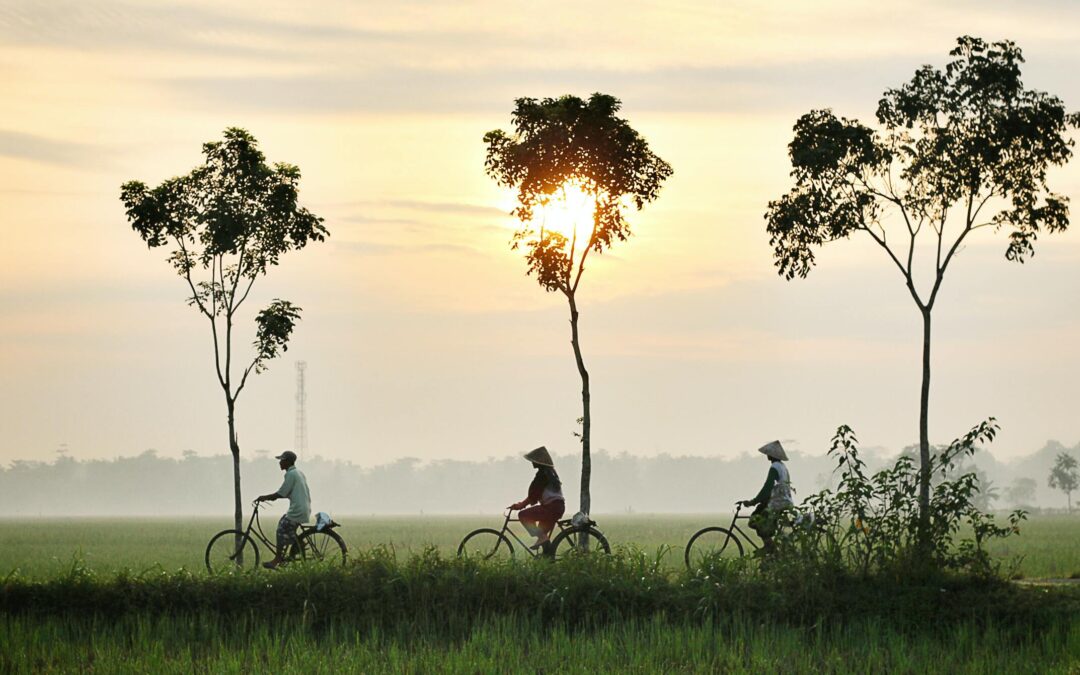Image credit: Dikaseva via Unsplash.
A year ago, we discussed the International Union for Conservation of Nature’s (IUCN) commitment to gender equality and equity on a global scale. This commitment displays their belief that affairs such as gender inequality are matters of fundamental human rights. Gender-based violence and environmental degradation are linked in a plethora of ways without regard to boundaries like communities and countries. Truly understanding these links is essential if we hope to accomplish global goals.
Gender-based violence is any form of violence ingrained in exploiting unequal power relationships between genders. This can impact anyone and any relationship including intimate relationships and family violence. Gender-based violence is a serious human rights violation and poses a life-threatening health and protection issue.
IUCN and USAID’s Gender-Based Violence and Environment Linkages (GBV-ENV) Center aims to put an end to gender-based violence while ensuring environmental sustainability. The center is a “platform for gathering resources and tools, mobilizing learning, and forging action, together.” The GBV-ENV Center aims to fill necessary gaps in data, construct a claim for gender integration, and strengthen projects and programs that address gbv and environment linkages. This platform was founded on the sole premise that there are links between gender-based violence and the environment.
The link between environmental degradation and gender-based violence is one that has received very little attention until recently. The Washington Post recently published an article about how climate change puts more women at risk for domestic violence by Geoffrey Ondieki, Disha Shetty and Aie Balagtas See.
The article begins with an account of Pilot Lenaigwanai’s, a survivor of domestic abuse, life before seeking refuge at a Kenyan shelter for victims of abuse. Lenaigwanai speaks about how a devastating drought killed the livestock her family and tribe depended on for survival. The article follows the stories of several different women who have been able to escape from their abusive partners or family members.
OneNature believes in a commitment to achieving gender equity and equality while promoting communities and the conservation of our local natural environment. Studying these linkages and gaining a deeper understanding of how GBV and the environment intersect will prove to be deeply vital in both the fight against climate change and the fight against gender inequality.
